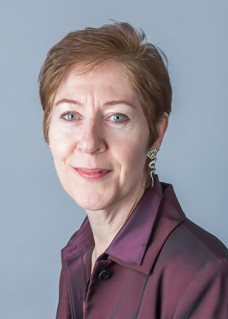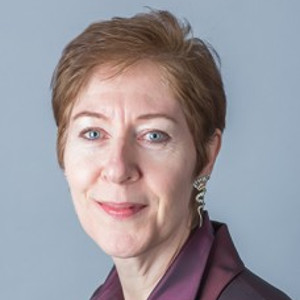A Message from Dean Barrett
“The very reason I write is so that I might not sleepwalk through my entire life.” Zadie Smith
“We tell ourselves stories in order to live.” Joan Didion

Tell me a story. We utter this request as children anticipating the hypnotic syllables of beloved tales or unexpected adventures that will lull us to sleep. That request changes syntax a bit as we grow older, but the sentiment and imperative remain. The importance of narrative is constant throughout our lives, not only in the books we read, films we see, and podcasts we hear, but in the ways in which we understand our pasts, organize our daily lives, and are moved to act. We are in the midst of a data explosion. We use information to make and justify decisions, but graphs and spreadsheets are far less persuasive in the absence of words. Cold and austere facts need a compelling narrative. “Storytelling” is big business. Type the word in your browser, and you will see articles on the importance of storytelling in marketing and PR, in sales and advertising, in web design and leadership, in politics and social change, in teaching and communicating. Scientists are trying to map its effect on the brain. It prepares us for the circuitous path toward adulthood and offers practical guidelines about how to survive in society. It allows us to weather life’s shocks and losses and offers shape and pattern to the chaotic and unpredictable events that constitute our histories. As Jonathan Gottshall, author of The Storytelling Animal, observes, we spend our days spinning and listening to tales only to imagine more of them in our sleep. Storytelling is one of the quintessential qualities of being human, so elemental that we often forget its value for our students.
The importance of narrative is constant throughout our lives, not only in the books we read, films we see, and podcasts we hear, but in the ways in which we understand our pasts, organize our daily lives, and are moved to act.
Higher education finds itself at a critical moment in history, suffering from bad publicity. It has never been more important to tell our story, and it’s a compelling one. Cathy Davidson, distinguished professor in the Graduate Center of the City University of New York and co-director of the CUNY Humanities Alliance, notes that “92 percent of those in the upper 5 percent of incomes in America send their children to college,” and concludes that “if college is not ‘worth it,’ presumably those with the most resources to pass on to their children would be most likely to encourage their children not to go to college. But the opposite is true: if you are rich, you make sure your child receives a college education” (Liberal Education, 6). Our story is about critical thinking, clear communication, and creative problem solving, all noble pursuits, but where’s the rising action, the climax, a protagonist? All the elements exist in the parade of graduates in our commencement ceremonies—students who have overcome economic hardship and whose lives have been transformed by the faculty and staff who mentored them, taught them how to write, directed their research projects, supervised their clinical experiences, organized study abroad, service learning, and internship opportunities and by families who have sacrificed to send them here. The elements exist in our alumni who are succeeding because of liberal arts degrees that taught them to read carefully, make connections, and challenge preconceptions, degrees that honed the skills they need to lead productive lives.
No doubt, I am particularly focused on this issue right now because the College of Liberal Arts and Sciences has lost two faculty members who understood the importance of storytelling. Anne Goding, a long-time lecturer in Communication, passed away in September, but her teaching lingers in the creation of one of the major’s foundation courses – Storytelling and Culture. During the campus memorial service for Pauline Uchmanowicz, professor of English, poet, essayist, literary critic, and teacher extraordinaire, colleagues shared stories about her dedication, drive, humor, and warmth, and students recalled her careful editing of their own stories as she passed on her considerable story telling gift. Those stories would go a long way in helping the public understand the importance of higher education. Let’s remember to tell our stories to those outside of academia and to help our students craft their own stories about the value of a liberal arts education.

